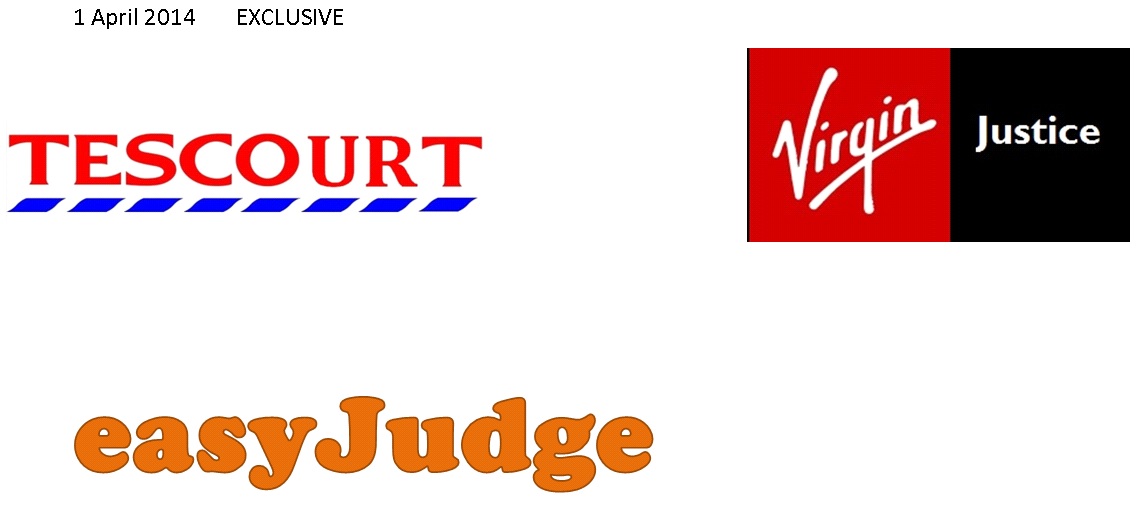Privatised civil justice – how it might look
Privatised civil justice – how it might look Artist’s impressions A shadowy and mysterious legal think tank known as the Seven Stars Symposium has recently announced proposals for the privatisation of the litigation services currently provided by the High Court of England and Wales and the County Courts. In a press release issued on 1
Privatised civil justice – how it might look

Artist’s impressions
A shadowy and mysterious legal think tank known as the Seven Stars Symposium has recently announced proposals for the privatisation of the litigation services currently provided by the High Court of England and Wales and the County Courts.
In a press release issued on 1 April, it outlined the following key features of the plan:
- All private civil law claims to be determined by one of a number of Licensed Justice Providers (LJP)
- Companies wishing to provide Justice Services will first need to bid for a licence as a Justice Provider
- Justice Providers to employ full time judges (known as “employed judges”) and other court staff, such as clerks, associates and ushers – subject to the National Justice Services (How the Hell Are We Going to Reduce Our Liabilities) (Pensions) Regulations 2014.
- Individual providers would be encouraged to compete with one another in the cost and quality of the justice services on offer. For example, there would be nothing to prevent a provider offering, for a higher fee, the services of a (paid) jury in assessing damages for personal injury.
- To improve competition, Court fees and other charges levied by providers on litigants to be monitored by new regulator, National Office of Justice Services (NOJust).
- Appeals against decisions of civil courts to be heard by Court of Appeal (Civil Division) in the usual way, but costs of appeal to be shared equally between the unsuccessful party and the Licensed Justice Provider in whose court the impugned decision was made.
- Each provider to be treated as a separate jurisdiction for the purposes of any conflict of laws dispute: court first seised to have primary jurisdiction to hear claim.
- Privatised court buildings would need to conform to certain minimum standards in their provision of waiting areas, consultation rooms, wifi, catering services and, last but not least, toilets (or Forum Conveniences).
A number of companies not contacted by us expressed no knowledge of the scheme, but interest in applying for Justice Provider Licences, which could go on sale as early as 2017, is expected to be high. So we’ve illustrated this piece with an artist’s impressions of how some well known companies might brand their services, if they chose to bid. Though we have absolutely no idea whether they will or not.
In a stinging rebuke, entitled “What’s Sauce for the Goose… is, er, Gravy for the Train”, a rival think tank, the Edgar Wallace Foundation, hit back at what it called “unprincipled monetisation of the administration of justice”. However, it is not thought that anyone was taking any notice at the time since they were all following the Pistorious trial on Twitter.
For more details: contact U N Glaublich, c/o the Press Office at the Ministry of Truth, 1984 Orwell St, Kafkaville, AK47 LOL.